
Empowering Little Learners: Fostering Skills in Toddler Development
Empowering Little Learners: Fostering Skills in Toddler Development
Toddler development skills encompass a wide range of abilities that children acquire and refine during the toddler years. Here are some key skills that toddlers typically develop:
1. Gross Motor Skills:
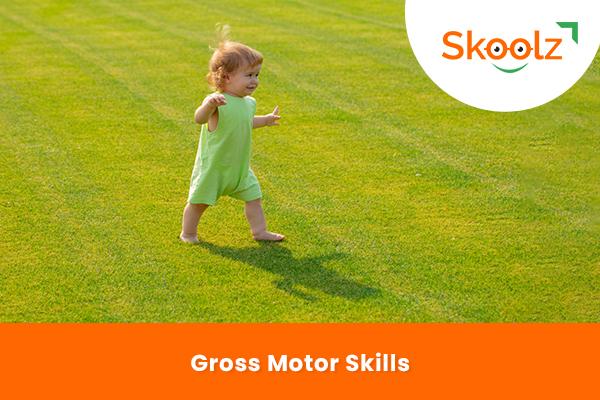
Toddlers develop gross motor skills involving the large muscles of their bodies, such as walking, running, jumping, climbing, throwing, and kicking.
2. Fine Motor Skills:
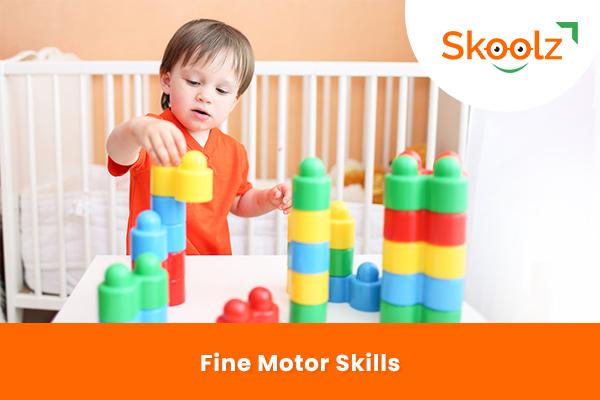
Toddlers refine their fine motor skills involving smaller muscles, particularly in their hands and fingers. These skills include grasping objects, stacking blocks, scribbling, using utensils for self-feeding, and manipulating small objects.
3. Cognitive Skills:
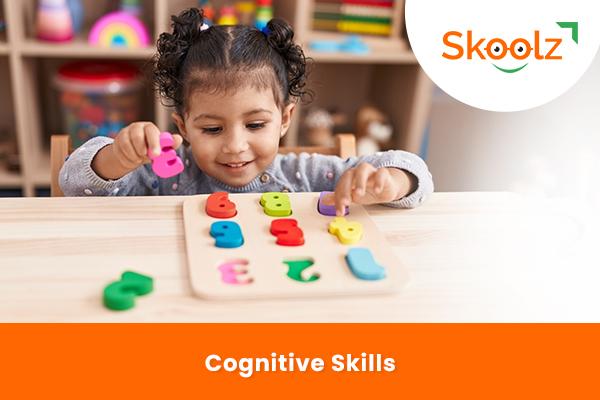
Toddlers develop cognitive skills as they explore and understand their surroundings. They acquire object permanence (understanding that objects exist even when out of sight), cause-and-effect reasoning, problem-solving abilities, memory skills, and early numeracy concepts.
4. Social Skills:
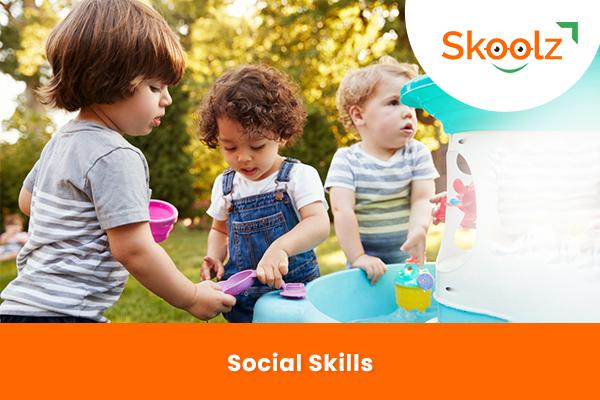
Toddlers begin to develop social skills and learn how to interact with others. They learn to share, take turns, engage in simple cooperative play, show empathy, recognize and respond to social cues, and develop early friendships.
5. Emotional Skills:
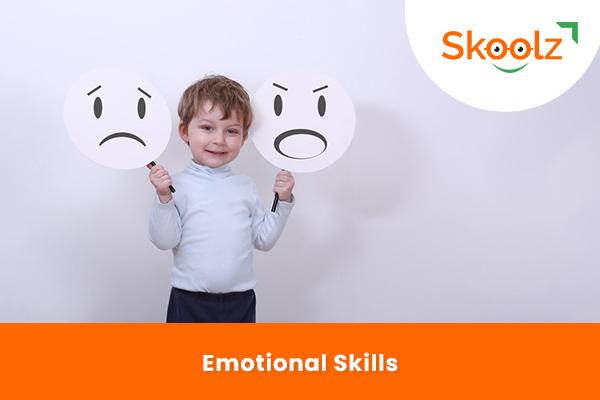
Toddlers start to recognize and express their emotions, including happiness, frustration, anger, and sadness. They develop emotional regulation skills and begin to understand the feelings of others.
6. Language and Communication Skills:
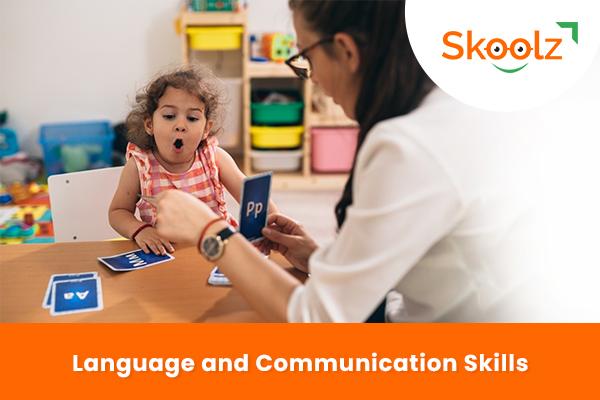
Toddlers experience significant growth in their language and communication abilities. They acquire new words, combine words into simple phrases and sentences, follow instructions, engage in basic conversations, and express their needs, wants, and feelings through verbal and non-verbal communication.
7. Self-help Skills:
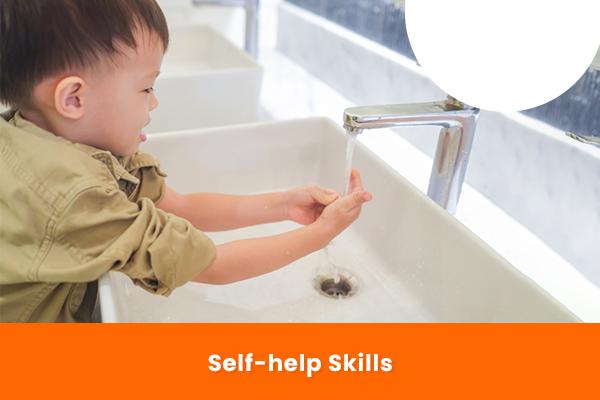
Toddlers develop self-help skills to promote independence and autonomy. These skills include dressing themselves with minimal assistance, using the toilet (potty training), washing hands, brushing their teeth, and eating independently.
8. Attention and Focus:
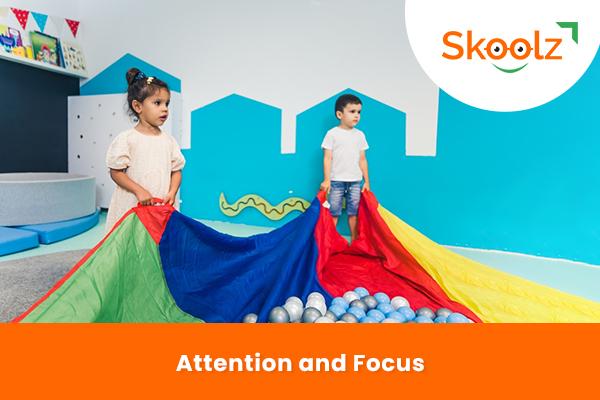
Toddlers gradually improve their attention span and ability to focus on tasks of interest. They become better at listening, following simple instructions, and engaging in age-appropriate activities for longer periods.
9. Creativity and Imagination:
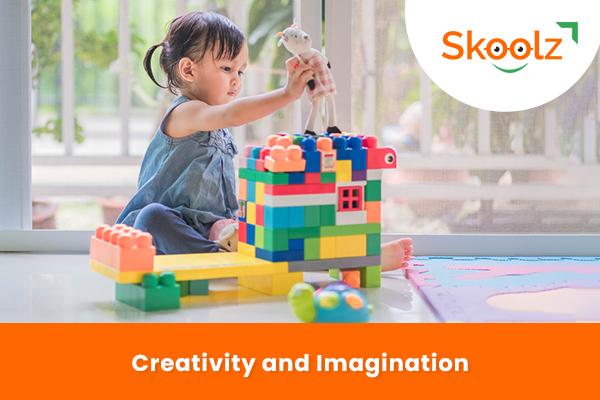
Toddlers engage in imaginative play, pretend play, and storytelling, demonstrating their growing creativity and ability to use their imagination.
10. Problem-Solving Skills:
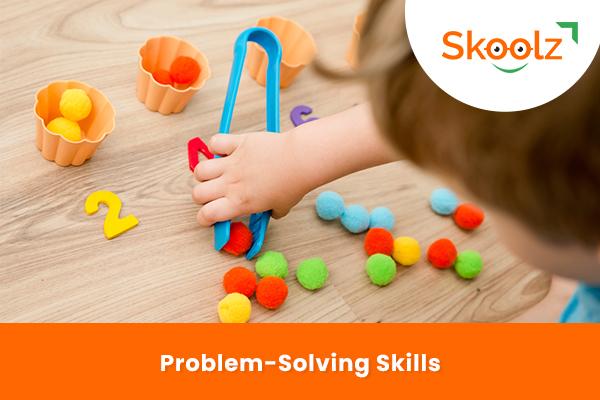
Toddlers begin to exhibit problem-solving skills as they encounter challenges and find solutions. They learn to overcome obstacles, find alternatives, and approach simple problems with creative thinking.
Remember that each child develops at their own pace, and there may be variations in individual milestones and progress. Providing a supportive and stimulating environment, engaging in age-appropriate activities, offering encouragement, and allowing for exploration and playtime can all foster the development of these skills in toddlers.
Disclaimer: The information provided in the blogs is intended to offer general guidance on various aspects of toddler development. However, it is essential to note that every child is unique, and individual circumstances may vary. The content in our blogs should not be considered a substitute for professional medical advice. If you observe any critical symptoms or have specific concerns about your child's health, we strongly advise consulting with a qualified pediatrician. We do not assume any responsibility or liability for actions taken based on the information provided. Always seek the expertise of a medical professional for any specific concerns or medical attention your child may require. By accessing our toddler blogs, you acknowledge the importance of consulting with a pediatrician for any critical symptoms or concerns.
 Written by:
Written by:
Bhawana Mohane
Digital Marketer

Empowering Little Learners: Fostering Skills in Toddler Development
Toddler development skills encompass a wide range of abilities that children acquire and refine during the toddler years. Here are some key skills that toddlers typically develop:
1. Gross Motor Skills:

Toddlers develop gross motor skills involving the large muscles of their bodies, such as walking, running, jumping, climbing, throwing, and kicking.
2. Fine Motor Skills:

Toddlers refine their fine motor skills involving smaller muscles, particularly in their hands and fingers. These skills include grasping objects, stacking blocks, scribbling, using utensils for self-feeding, and manipulating small objects.
3. Cognitive Skills:

Toddlers develop cognitive skills as they explore and understand their surroundings. They acquire object permanence (understanding that objects exist even when out of sight), cause-and-effect reasoning, problem-solving abilities, memory skills, and early numeracy concepts.
4. Social Skills:

Toddlers begin to develop social skills and learn how to interact with others. They learn to share, take turns, engage in simple cooperative play, show empathy, recognize and respond to social cues, and develop early friendships.
5. Emotional Skills:

Toddlers start to recognize and express their emotions, including happiness, frustration, anger, and sadness. They develop emotional regulation skills and begin to understand the feelings of others.
6. Language and Communication Skills:

Toddlers experience significant growth in their language and communication abilities. They acquire new words, combine words into simple phrases and sentences, follow instructions, engage in basic conversations, and express their needs, wants, and feelings through verbal and non-verbal communication.
7. Self-help Skills:

Toddlers develop self-help skills to promote independence and autonomy. These skills include dressing themselves with minimal assistance, using the toilet (potty training), washing hands, brushing their teeth, and eating independently.
8. Attention and Focus:

Toddlers gradually improve their attention span and ability to focus on tasks of interest. They become better at listening, following simple instructions, and engaging in age-appropriate activities for longer periods.
9. Creativity and Imagination:

Toddlers engage in imaginative play, pretend play, and storytelling, demonstrating their growing creativity and ability to use their imagination.
10. Problem-Solving Skills:

Toddlers begin to exhibit problem-solving skills as they encounter challenges and find solutions. They learn to overcome obstacles, find alternatives, and approach simple problems with creative thinking.
Remember that each child develops at their own pace, and there may be variations in individual milestones and progress. Providing a supportive and stimulating environment, engaging in age-appropriate activities, offering encouragement, and allowing for exploration and playtime can all foster the development of these skills in toddlers.
Disclaimer: The information provided in the blogs is intended to offer general guidance on various aspects of toddler development. However, it is essential to note that every child is unique, and individual circumstances may vary. The content in our blogs should not be considered a substitute for professional medical advice. If you observe any critical symptoms or have specific concerns about your child's health, we strongly advise consulting with a qualified pediatrician. We do not assume any responsibility or liability for actions taken based on the information provided. Always seek the expertise of a medical professional for any specific concerns or medical attention your child may require. By accessing our toddler blogs, you acknowledge the importance of consulting with a pediatrician for any critical symptoms or concerns.
 Written by:
Written by:
Bhawana Mohane
Digital Marketer



